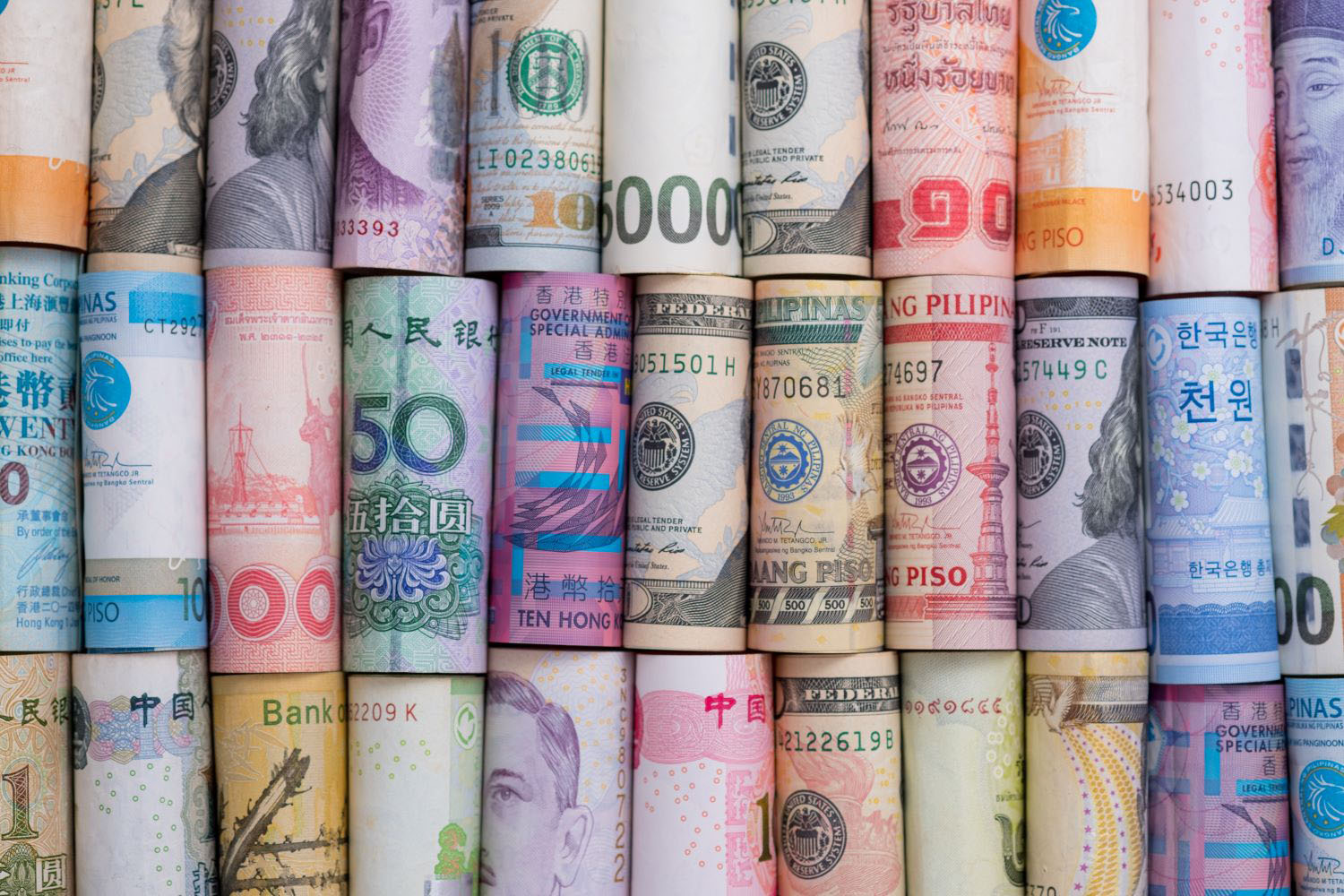Why the unseemly rush to select the next president of the World Bank?Three candidates have now been nominated: Jim Yong Kim (nominated by the United States); Ngozi Okonjo-Iweala (nominated by Nigeria); and José Antonio Ocampo (the former finance minister of Colombia, nominated by the Dominican Republic). The World Bank board has announced that it will interview each candidate and make a selection ahead of the Spring Meetings of the World Bank and the IMF on Saturday, April 21. That’s when finance ministers and central bank chiefs from around the world will in Washington meet as the “Development Committee”—the body that officially oversees the workings of the World Bank.No timetable for the interviews and selection has been announced, but according to worldbankpresident.org Ocampo will be interviewed on April 4, Okonjo-Iweala on April 9 and Kim on April 11.“Apparently the board will discuss and vote on the decision straight away after the interview with Kim on the 11th and a decision is expected to be announced that day,” according to the unconfirmed report.Say it isn’t so! If this report is right, the hurried schedule raises serious questions about whether the bank board is complying with its commitment, in keeping with the instructions from the G-20, to engage in an open and competitive process for the selection of the heads of the international financial institutions.There are 25 executive directors on the World Bank board. Just eight represent a single country: five traditional donors—the United States, Japan, Germany, France, and United Kingdom—plus Russia, China, and Saudi Arabia. The other 17 board members are elected by the votes of several countries. For example, Agapito Mendes Dias of Sao Tome and Principe represents 21 African countries. Anna Brandt of Sweden represents Denmark, Estonia, Iceland, Finland, Latvia, Lithuania, Norway, and Sweden. On an important matter such as the selection of the next president of the World Bank, these executive directors don’t just decide on their own. They consult with the countries they represent and try to forge a consensus on how to cast their vote.Such consultations are time consuming and are undoubtedly already underway. But if the board’s interviews with the three candidates are to have any meaning at all, the executive directors must have time to send reports on the candidate’s performance to the countries that they represent and receive guidance—usually from the finance ministers but in this case probably from the heads of government. Of course, such deliberations would be impossible if the board votes immediately after interviewing the final nominee on April 11. To hold the final interview with Kim and then immediately vote and announce the next World Bank president on April 11 would be little more than Kabuki, political theater that would fool nobody and undercut the legitimacy of whoever wins the vote.There is no need to rush to select the next president before the Spring Meetings. The current president, Robert Zoellick, won’t be stepping down until June. Why not give countries the time needed to weigh the merits of the three candidates—the Spring Meetings would be an ideal forum for such consultations among the assembled finance ministers—and then have the board vote in early May? Such consultations are especially important given the wide range of opinions on the three nominees: for example, The Economist and the Financial Times (gated, ungated summary) have both taken the unprecedented step of endorsing a non-U.S. candidate, Okonjo-Iweala.When we recruit staff here at the Center for Global Development we aim to attract a highly talented applicant pool, interview a short list of the most highly qualified, and then consult among senior colleagues before deciding. We take these decisions seriously and allow several days for consideration and reflection before we extend an offer. Surely this is not too much to expect that the process of selecting the next president of the World Bank would be similarly careful and deliberate.Let’s hope that the board will allow sufficient time after the final interview for countries to consider the qualifications of all three candidates.
CGD blog posts reflect the views of the authors, drawing on prior research and experience in their areas of expertise.
CGD is a nonpartisan, independent organization and does not take institutional positions.





